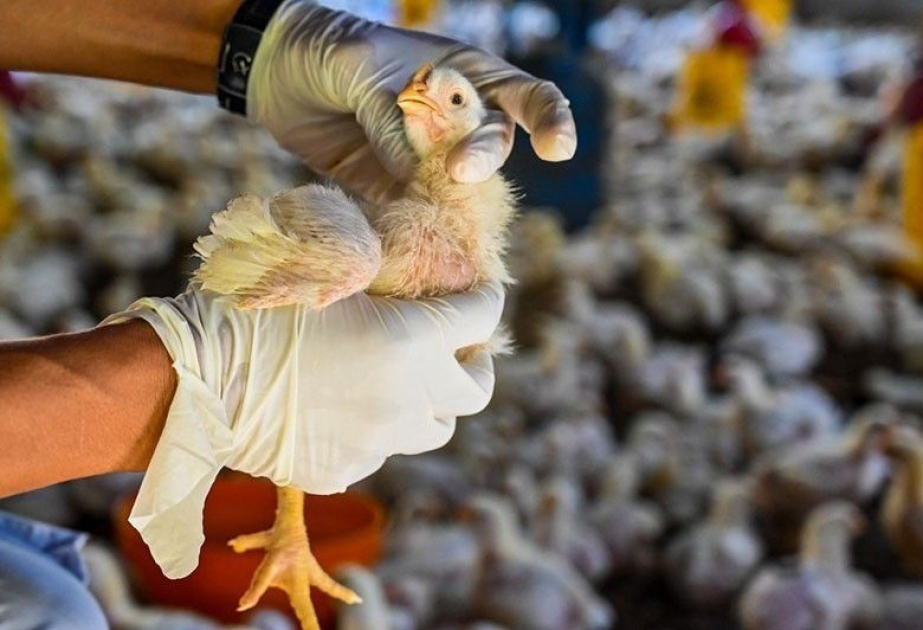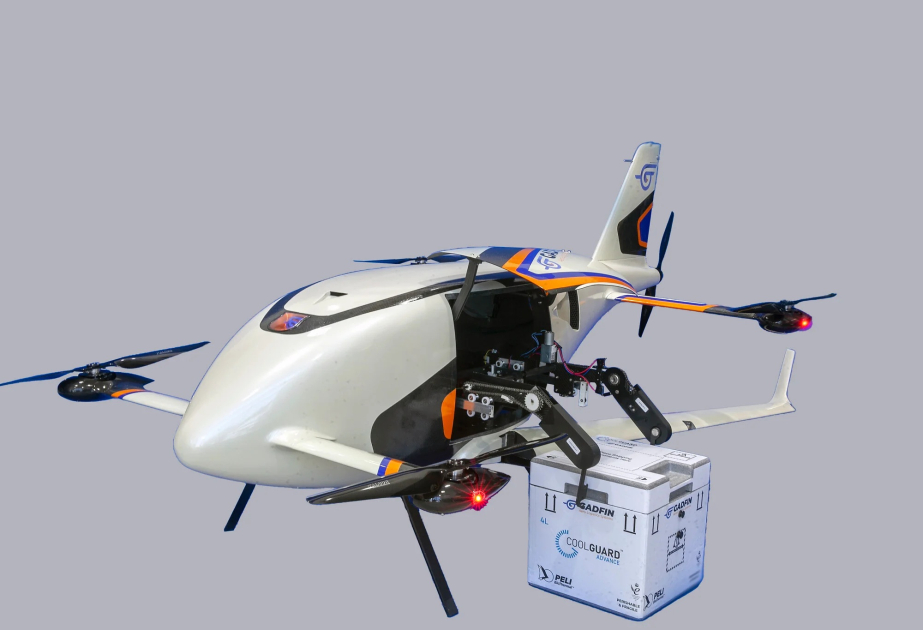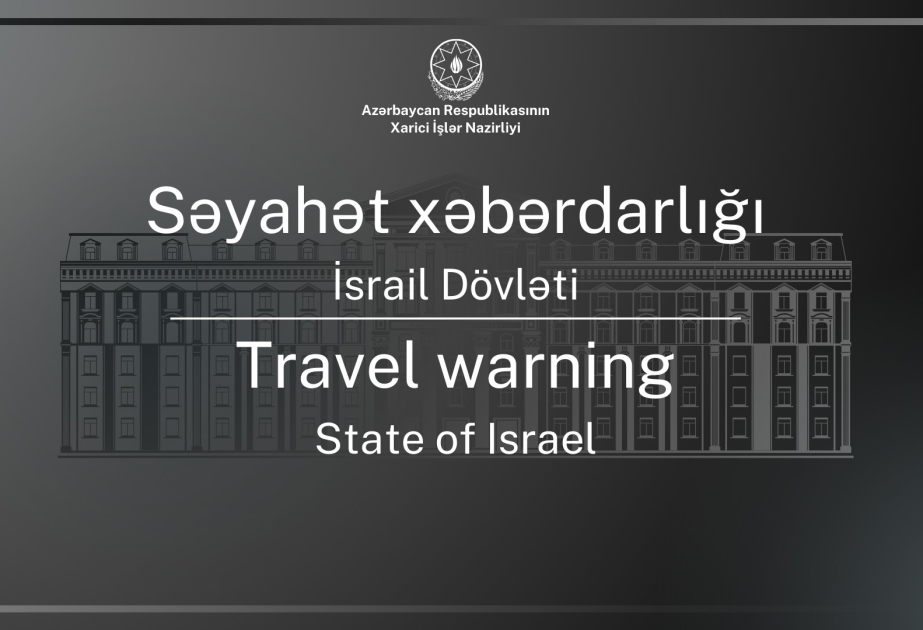Australia is not investing enough money to prepare for an outbreak of the strain of bird flu that is causing environmental and agricultural 'catastrophes' overseas, according to virologists, farmers and environmental lobby groups, according to ABC News.
This week, the federal government announced $7 million in funding to address the threat posed by a potential incursion of H5 high pathogenicity avian influenza.
This strain is different to the current H7 strain of the virus, which has caused outbreaks in Victoria, New South Wales and the ACT.
A low pathogenic H9N2 avian influenza strain was found in WA in May, which didn't require any birds to be culled.
Australia is currently the only continent in the world free of the H5 variant.
The ABC understands most of the money announced is not new, but simply a 'renewed commitment' from the government and a reallocation of existing funds.
University of Queensland virologist, Kirsty Short, said $7 million was not enough and believed investment should have happened sooner.
"And then there is the potential, like what we've seen in the US, for this to get into dairy cattle and potentially even to spill over into humans.
"We really have seen very unusual activity with this virus, and I think we should have probably reacted earlier."
On farms across Australia, the poultry industry has culled about 1.8 million commercial birds in a bid to eradicate the H7 variant of avian influenza.
But conservationalists are warning the consequences of the H5N1 variant would be much more dire, across a variety of animal species.
"That strain is causing absolute wildlife massacres around the globe," Invasive Species Council advocacy director, Jack Gough, said.
"If it gets to Australia, the level of death we could see amongst our birds would be equivalent to the black summer bushfires.
Mr Gough said the variant could arrive in Australia within the next three months
"It could turn up with the spring migration of birds from Europe and we're not prepared," he said.
"The scale of death could be huge and it could send some species locally extinct.
Mr Gough also said more money was required to spread public awareness of the disease and to help prepare federal, state and territory governments.
"The $7 million was existing money and there were some really important reprioritisations there," he said.
"Our understanding is that is a packaging up of some of the existing [agricultural] departmental resources that was going into surveillance.
"This is not enough money... we're hopeful this is just a first step."
Mr Gough said only $580,000 of the announced $7 million was new investment.
He has called for all states and territories to invest in a dedicated bird flu coordinator.
"It's actually really ridiculous how this has been under prioritised by departments," he said.
"The reason for that is that it's slipped through the gaps, it sits between environment and agriculture.
"When H5 gets here it will not be eradicated, we may be able to do some really good work to reduce it's impact on the poultry industry, but when it comes to wild birds it will be limiting impact."
Victorian egg producers are sceptical the investment into avian influenza preparation will provide any benefit for poultry farmers.
Victorian Farmers Federation vice president and caged egg producer, Danyel Cucinotta, said the money was too focused on surveillance.
"It's about finding out if wild birds are carrying avian influenza but there are very little practical outcomes to that," he said.
$200,000 of the funding will be invested in analysis to track 'movement patterns of Australia’s commercial poultry industries', which Ms Cucinotta said would be useful.
"It's really convoluted and complex," she said.
Money and surveillance is always important but we actually need to consider how we're going to mitigate risk."
Ms Cucinotta said poultry farmers were aware of the risks of avian influenza, but did not feel like the government was prepared for an outbreak of H5N1.
"The government is forcing farmers to put more birds into free range systems, and ups the risk [of bird flu], how is it farmers are going to protect themselves?" she asked.
"We just don't know what those practical outcomes look like and $7 million dollars certainly isn't going to change that."
It comes as Australian supermarket shelves have been stripped of egg supplies due to the current disruption caused by the H7 variant.




















